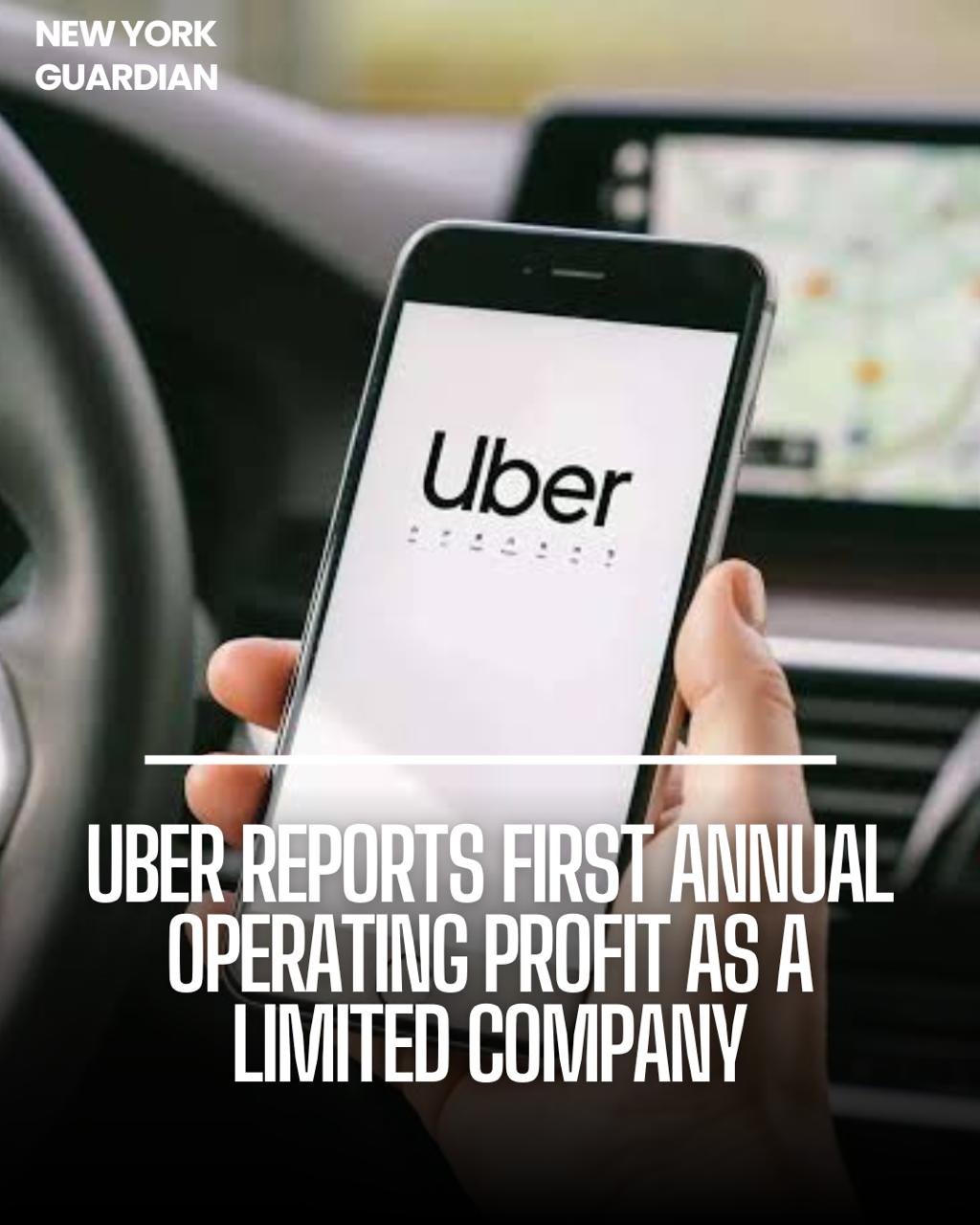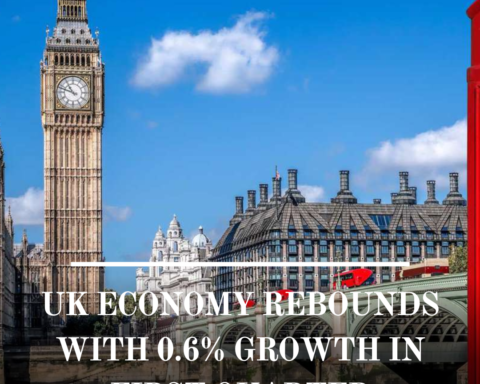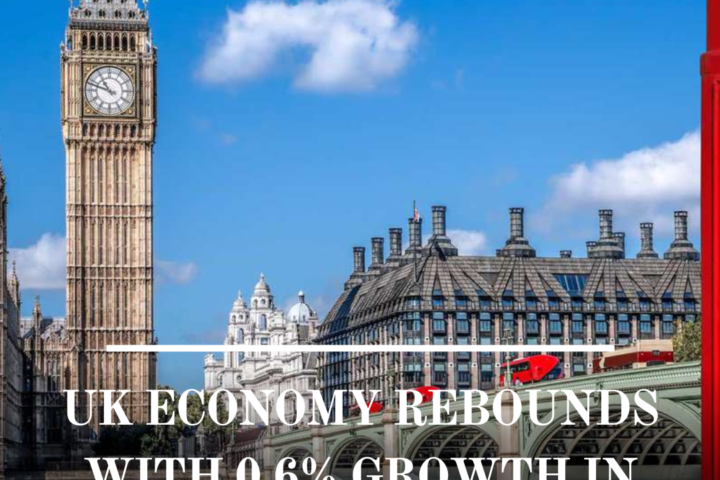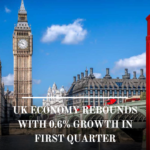US taxi app company turns $1.8bn loss into $1.1bn returns after years of spending billions of investors’ cash to grow.
Uber, the US-based taxi app company, has achieved a significant milestone by reporting its first-ever annual operating profit as a limited company.
This marks a landmark moment for a business that underwent aggressive and often controversial expansion worldwide, utilizing billions of dollars of investors’ money.
Financial Performance
In 2023, Uber recorded an operating profit of $1.1 billion, a notable turnaround from the previous year’s loss of $1.8 billion.
The positive financial result has sparked speculation among investors regarding potential actions such as share buybacks or dividend payouts. Prashanth Mahendra-Rajah, Uber’s chief financial officer, announced plans to share “capital allocation plans” with investors in the coming week.
Market Response and Share Performance
Uber’s share price experienced a 1% increase on Wednesday, following the announcement, despite an initial dip. Over the course of 2024, Uber’s stock has risen by more than 20%, doubling in value over the last 12 months and valuing the company at nearly $150 billion.
Operational Highlights
The company reported that customers booked 2.6 billion trips during the final quarter of 2023, averaging approximately 28 million trips per day.
Dara Khosrowshahi, Uber’s chief executive, described 2023 as an “inflection point” for Uber, emphasizing the ability to achieve strong, profitable growth at scale.
Company Background and Evolution
Founded in 2009 by entrepreneurs Garrett Camp and Travis Kalanick, Uber rapidly expanded under Kalanick’s leadership, reaching markets across the US, Europe, and numerous cities worldwide.
This growth was facilitated by Uber’s adoption of the gig economy model, classifying drivers as self-employed contractors in many regions.
Transition in Leadership and Regulatory Challenges
Travis Kalanick’s tenure as CEO was marked by scandals and regulatory conflicts. In 2017, he was succeeded by Dara Khosrowshahi, who aimed to reshape Uber’s image and prioritize compliance with regulatory standards.
Khosrowshahi’s leadership has focused on addressing the company’s past controversies and fostering a more cooperative relationship with regulators.






















